The internet is vast. But most people only see the surface. Beneath it lies the Dark Web—a shadowy and secretive place that sparks curiosity and fear alike.

What Is the Dark Web?
The Dark Web is not like the regular internet. It’s a hidden zone, accessible only through special tools like Tor. This software encrypts user data, ensuring anonymity. Unlike traditional websites, Dark Web domains end in .onion, making them invisible to normal search engines.
Layers of the Internet
The web has three layers:
- Surface Web – The visible part of the internet, like Google, Facebook, and news sites.
- Deep Web – Hidden pages like private databases, medical records, and academic resources.
- Dark Web – Encrypted sites requiring specialized tools for access.
What Happens There?
Not everything on the Dark Web is bad. Some use it for privacy. Journalists and whistleblowers rely on it for safety. It allows people in oppressive regimes to bypass censorship and speak freely.
But danger lurks. Hackers, fraudsters, and black markets thrive in the dark. Drugs, stolen data, and illicit services are traded. Secret forums discuss illegal activities. Law enforcement fights hard to control it.
The Economy of the Dark Web
Money fuels this hidden world. Cryptocurrencies like Bitcoin power transactions, making them harder to track. Darknet Markets offer everything from counterfeit documents to hacking tools. Some sites disappear overnight, scamming users in the process.
Why Is It So Controversial?
The Dark Web raises tough questions. It protects freedom but also enables crime. Governments worldwide struggle to regulate it. Privacy advocates argue that anonymity is a right, while authorities claim it shields criminals.
Is It Safe?
The Dark Web is unpredictable. Scams are everywhere. Hackers wait for careless visitors. Clicking the wrong link can invite malware or worse. Ransomware attacks, phishing schemes, and identity theft are rampant.
Famous Dark Web Cases
Some infamous websites have gained attention:
- Silk Road – A massive drug marketplace shut down by the FBI.
- AlphaBay – A successor to Silk Road, also taken down by law enforcement.
- Hansa Market – Another major illegal marketplace, secretly controlled by authorities before shutting down.
How Law Enforcement Fights Back
Authorities worldwide track illegal activities. Cyber units monitor darknet markets, hacker forums, and illicit trade. Agencies like the FBI, Interpol, and Europol launch sting operations. Governments pressure cryptocurrency platforms to report suspicious transactions.
How Hackers Operate
The Dark Web is home to skilled hackers. They exploit weaknesses in systems, steal data, and sell it. Ransomware groups demand payment in crypto to unlock files. Some offer hacking services, selling access to compromised networks.
Should You Explore It?
Curiosity is natural. But stepping into the Dark Web is risky. If you do, use strong security. Never reveal personal details. Install VPNs, secure browsers, and antivirus software before accessing anything.
The Future of the Dark Web
The Dark Web will continue to evolve. Governments increase surveillance, but new tools emerge to keep it hidden. The battle between privacy and security will rage on.
The Dark Web is a paradox—both a sanctuary and a threat. Understanding it is crucial in the digital age.
Would you dare to explore its depths?
Expanding on the Dark Web’s Role in Cybercrime
Fraud and Identity Theft
One of the biggest crimes on the Dark Web is identity theft. Stolen credit card numbers, passports, and social security numbers are sold in bulk. Criminals use this data to commit fraud worldwide.
Drug Trafficking
Black markets operate in hidden corners. Drugs like cocaine, heroin, and synthetic opioids are sold discreetly. Law enforcement has cracked down, but new markets always emerge.
Human Trafficking
The darkest side of the Dark Web is human exploitation. Illegal sites sell false documents, coordinate smuggling, and even run trafficking rings. Authorities fight back, but the problem persists.
Arms Dealing
Weapons trade is another dark market. Guns, explosives, and unregistered firearms are sold anonymously. Some sites claim to sell military-grade weapons, but scams are common.

How to Stay Safe Online
Use Strong Security Measures
Cybercriminals target careless users. Always use multi-factor authentication, encrypted messaging apps, and secure passwords. Avoid shady sites and never share sensitive information.
Avoid Phishing Scams
Hackers trick users into revealing details. Fake emails, cloned websites, and malicious downloads are common. Stay alert and verify before clicking anything.
Be Cautious with Cryptocurrencies
While crypto offers privacy, it’s also risky. Scams, hacks, and theft are frequent. Never send funds to unknown addresses without verification.
Conclusion
The Dark Web is a double-edged sword. It protects privacy but enables crime. It’s a battleground between security forces and cybercriminals.
Exploring it can be dangerous. But learning about it helps us understand the hidden threats of the digital world.
Are you prepared for what lurks in the shadows?

Discover more from AMERICA NEWS WORLD
Subscribe to get the latest posts sent to your email.




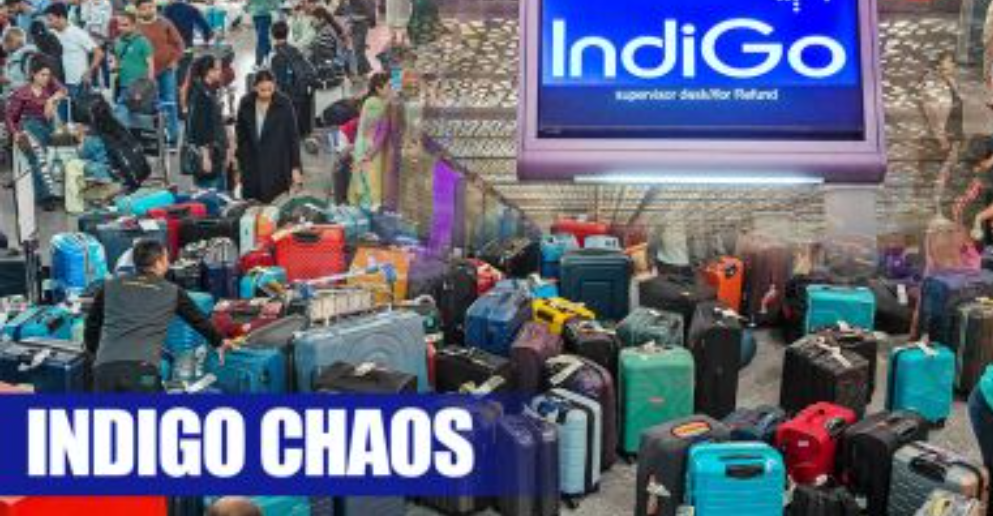
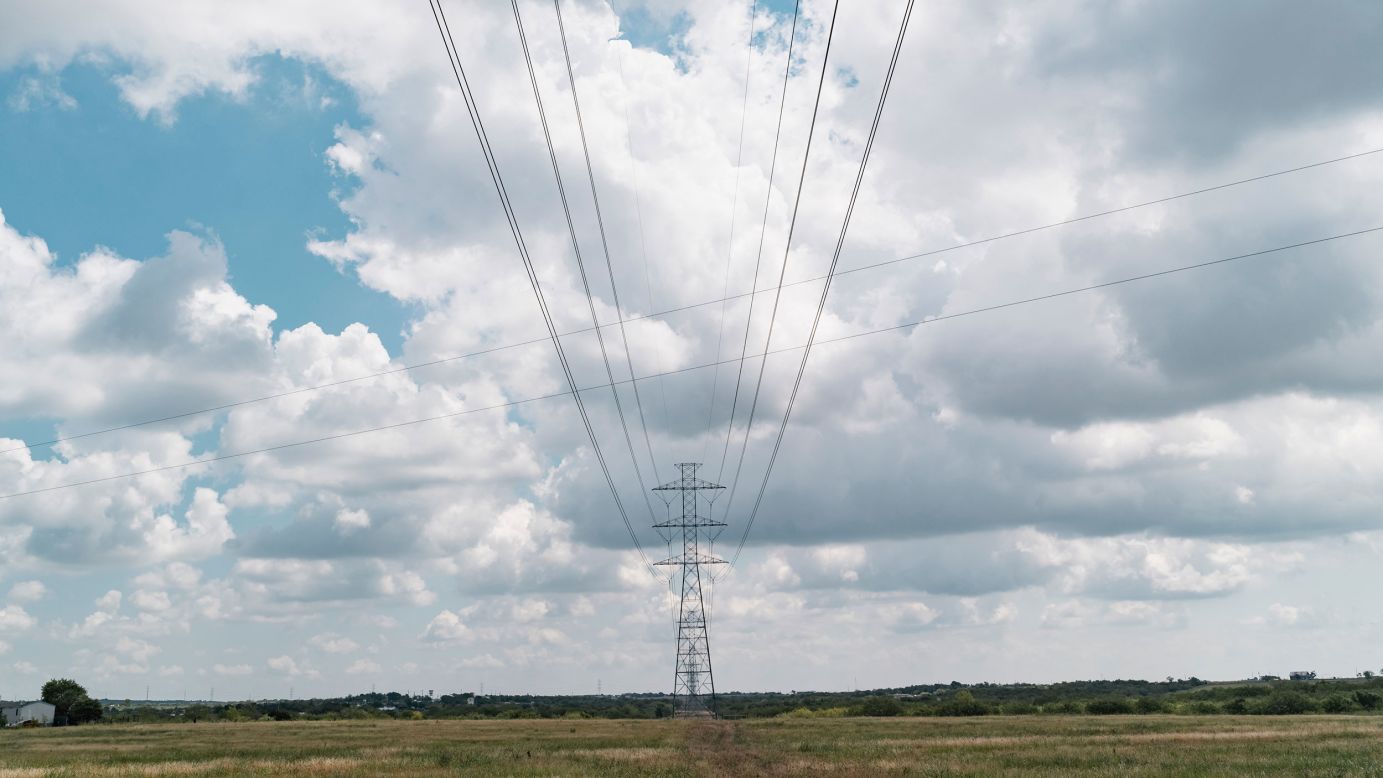

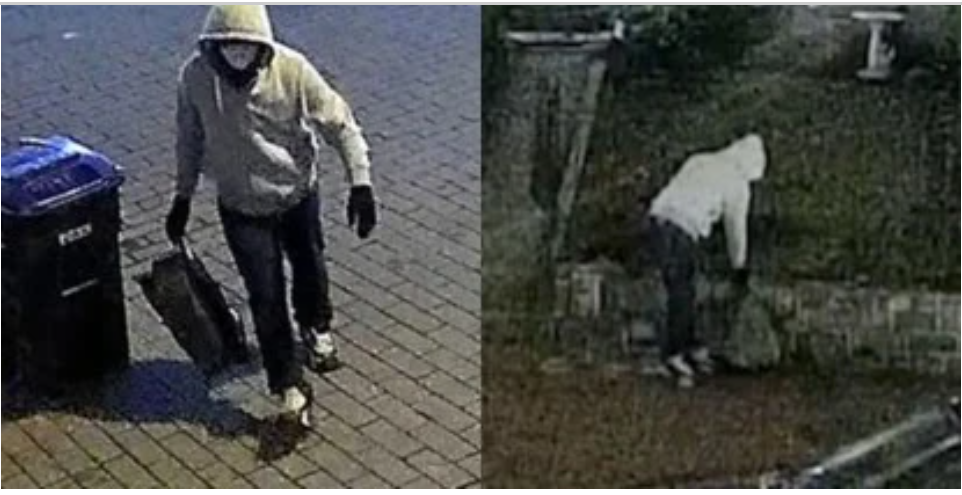



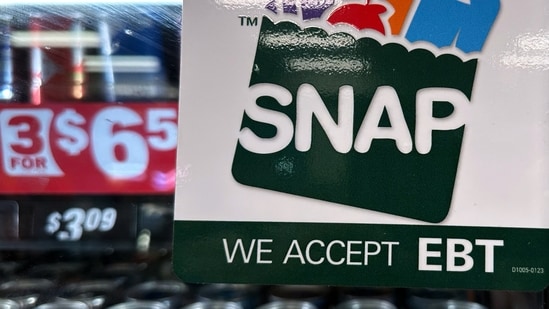






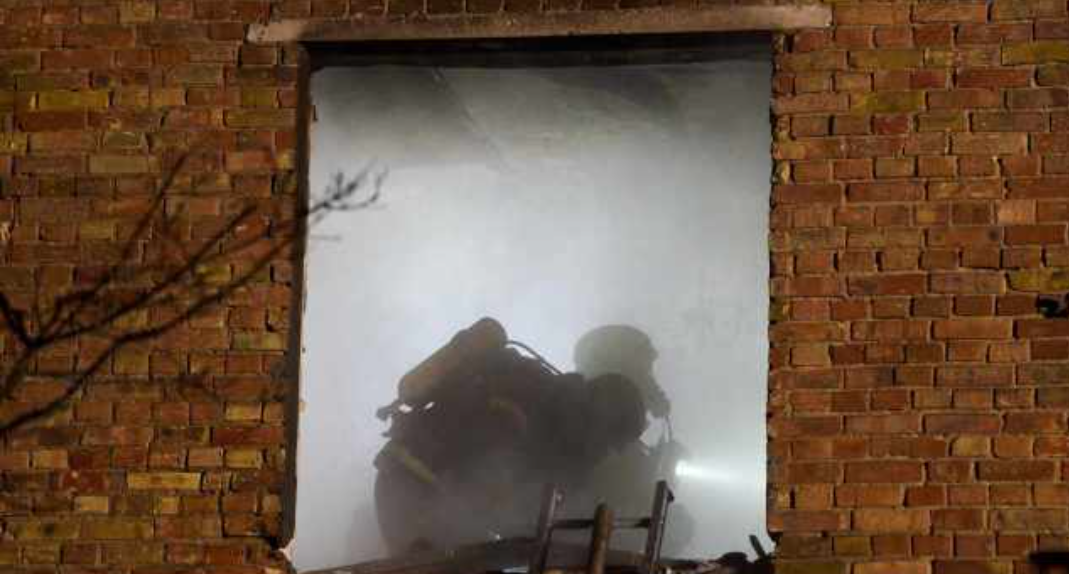
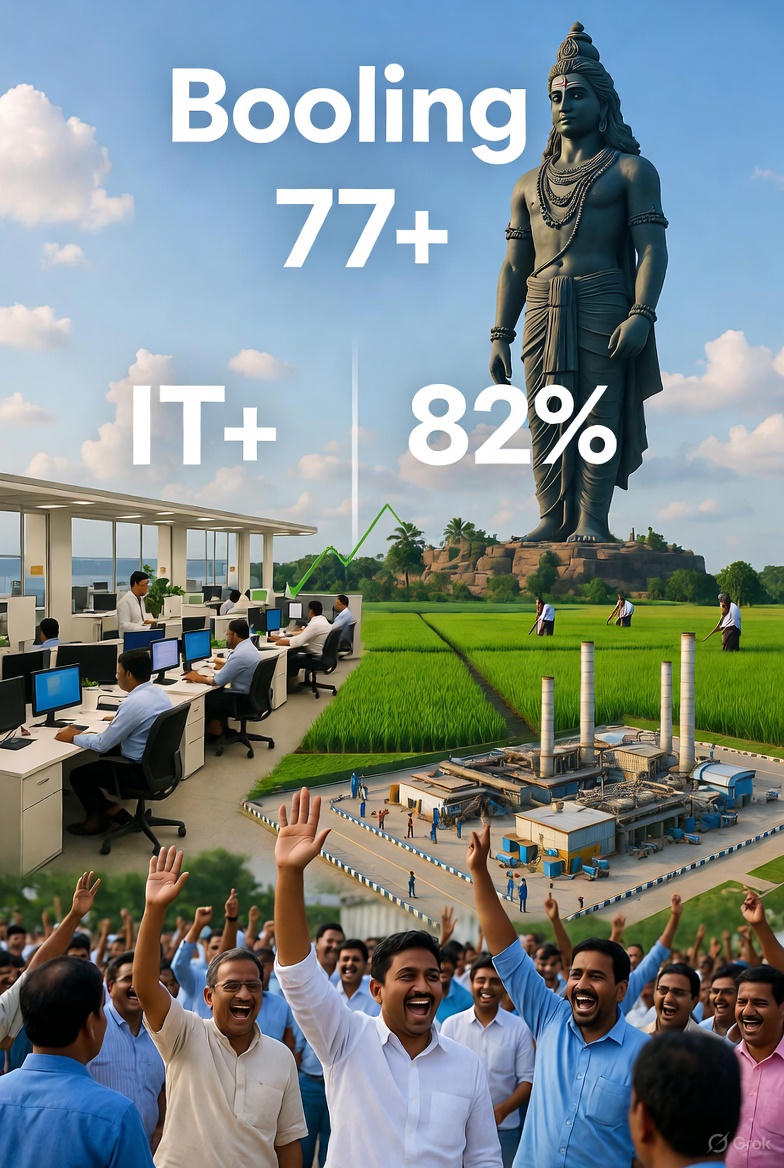





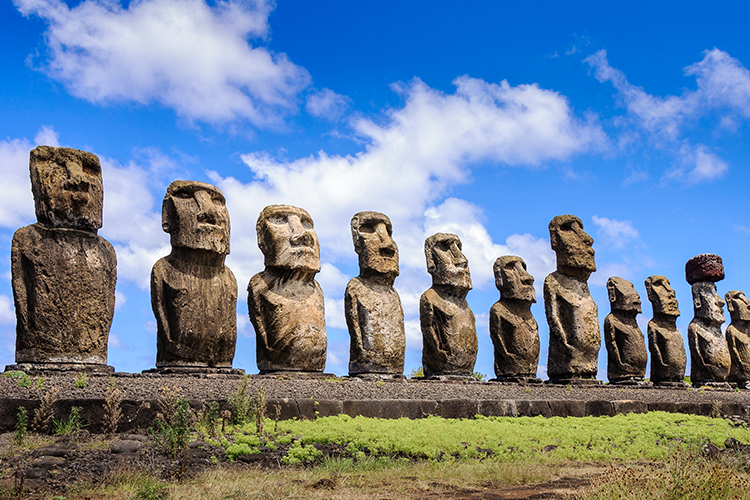
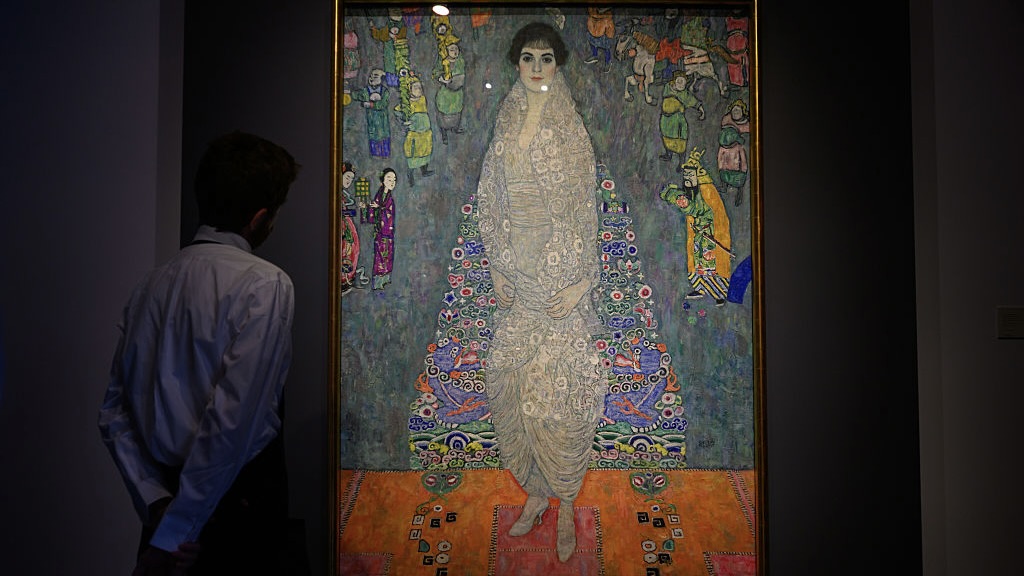





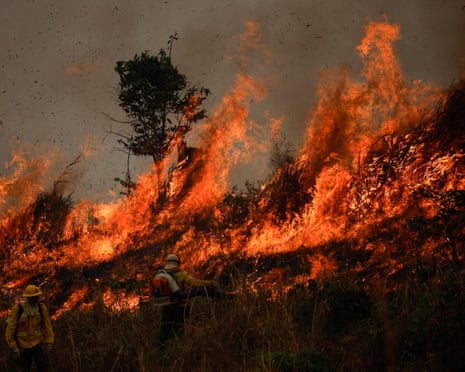



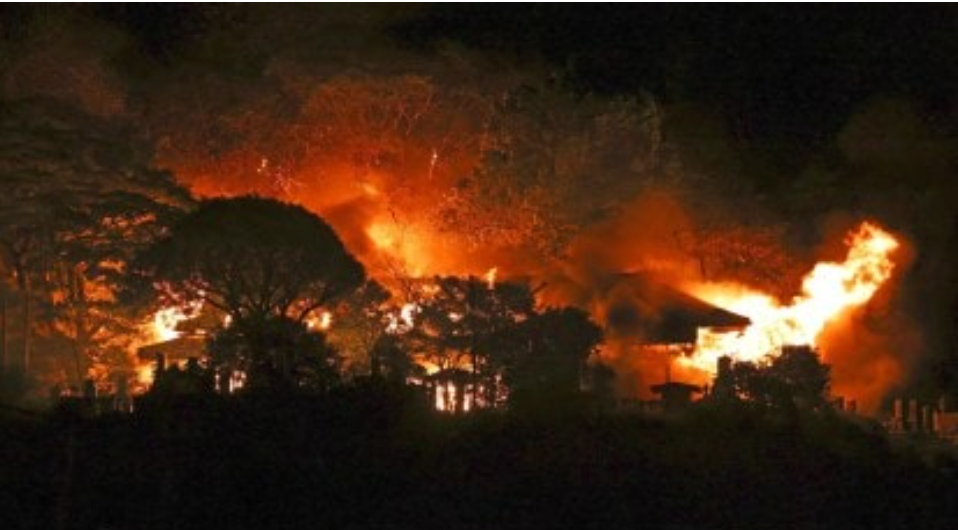
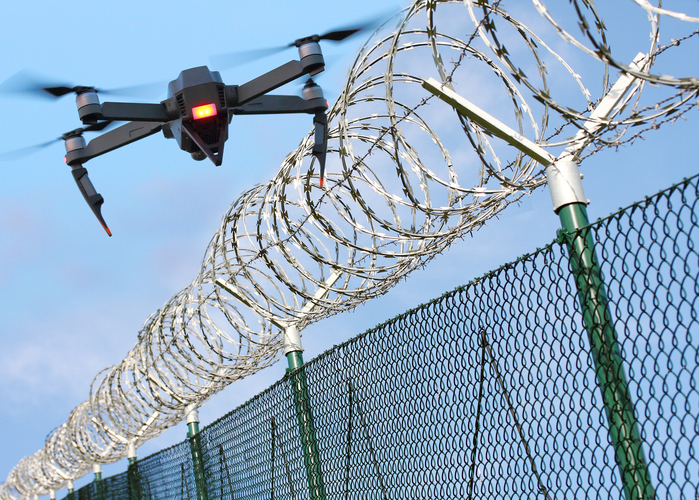



Leave a Reply